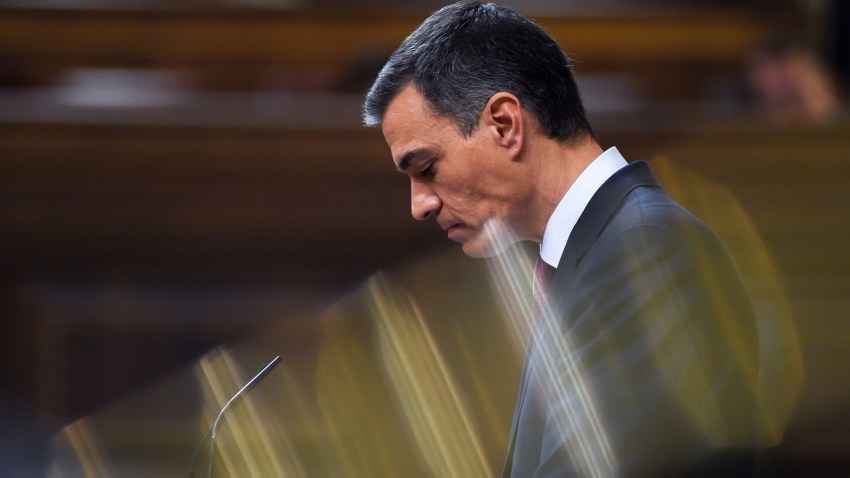Pedro Sanchez was elected Spain’s prime minister last week in a parliamentary investiture in which he won an absolute majority of 179 votes, the most he has tallied in his three elections to the office since 2019. Sanchez’s victory comes almost three months to the day after Spain’s snap elections on July 23, but also after weeks of massive protests that, though largely peaceful, saw violent attacks on the headquarters of Sanchez’s Socialist Party, or PSOE, in Madrid.
For Sanchez, his investiture represents a validation of his high-risk gamble to call early elections that he was widely expected to lose. But the protests reflect why this is his most controversial victory to date: In exchange for the seven votes of Junts—a center-right Catalan separatist party—that he needed to win reelection, Sanchez agreed to a broad amnesty for those accused of crimes committed in connection with the Catalan independence movement.
Sanchez needed Junts’ votes because the outcome of July’s ballot was inconclusive. His rival Alberto Nunez-Feijoo’s People’s Party, or PP, finished with the most seats and got first crack at forming a government. But even after joining forces with the ultra-right Vox party, Feijoo came up short of the 176 votes necessary to do so. The only way for either Feijoo or Sanchez to get there was with the help of regional parties from Catalonia and the Basque country. But both the PP and Vox refer to them as criminals and terrorists and refused to negotiate with them.

